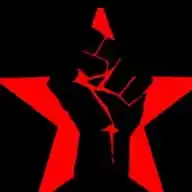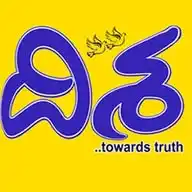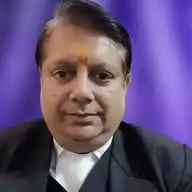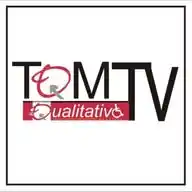
SOCIALIST WORKER NEWSPAPER ZIM
34 subscribers
About SOCIALIST WORKER NEWSPAPER ZIM
Socialism from below, advocating for Socialist ideas and alternatives in our lifetime. People before profits.
Similar Channels
Swipe to see more
Posts

Stopping the ED2030 Agenda and the Call for United Mass Action by War Veterans: Is This a Repeat of November 2017… Kuitiswa/Umphehlo? Lessons from History Zimbabwe is once again at a crossroads. The political and economic crisis is deepening, and a new wave of resistance is emerging. Leading the charge this time are war veterans under the "Geza Revolution," calling for nationwide shutdowns and mass action in the coming weeks. Their demands go beyond rejecting the ED2030 agenda—they are calling for President Emmerson Mnangagwa’s immediate resignation, accusing him of corruption, tyranny, tribalism, economic mismanagement, and an attempt to amend the constitution to extend his rule. They are urging the opposition, workers, religious groups, vendors, soldiers, and teachers to unite in forcing him out. Their proposed solution? A National Transitional Authority backed by the military to replace Mnangagwa and organize free and fair elections. Despite a supposed police manhunt, Blessed Geza remains at large, raising questions about whether authorities are truly committed to arresting him. Meanwhile, Mnangagwa’s emergency press conference on February 17, 2025—where he distanced himself from the ED2030 agenda and denied any intentions of extending his term—suggests that he has blinked first. His faction is clearly rattled, shaken, and on the defensive, but his retreat is likely a strategy to buy time. Now that he seems to have backed down, one thing remains clear—he cannot be trusted. He must go. This moment bears a striking resemblance to the events of November 2017, when mass protests and military intervention led to Robert Mugabe’s removal. Then, as now, war veterans, the Lacoste faction, and the military appealed to opposition forces and the general public, promising a transitional government and democratic reforms. But once Mugabe was ousted, Mnangagwa, his Lacoste allies, and the generals sidelined the opposition and ruled alone. As Patrick Chinamasa later admitted, November 2017 was nothing more than an internal ZANU PF succession battle. The dictatorship remained intact, and the cycle of rigged elections continued in 2018 and 2023. Now, with the regime once again in crisis, are the war veterans, generals, and their military faction, COSLEG, simply repeating the same November 2017 playbook? This time, are they seeking to correct their past mistake of handing power to politicians by establishing a military-led neoliberal autocracy, as seen in Rwanda, Egypt, and Myanmar—one that would ultimately suppress workers, unions, and vendors? Could things have unfolded differently in November 2017? What were the political and economic forces at play then, and how do they compare to today’s situation? To provide context, we are republishing our Socialist Worker edition from November 2017. This is for younger workers and activists who may not fully understand the lessons of that period, as well as for advanced workers and radical youth seeking to make informed decisions about whether to support the war veterans' call for mass action today. Those Who Do Not Learn from History Are Doomed to Repeat It. Or will workers, youths, and the masses finally break the cycle of Kuitiswa/Umphehlo? Can they seize this moment—amid growing divisions within the regime and among war veterans—to build a truly independent mass movement from below? Not just to replace Mnangagwa, but to dismantle the entire ZANU PF regime and its neoliberal austerity agenda once and for all. In short, can this moment be transformed into a real revolution?














